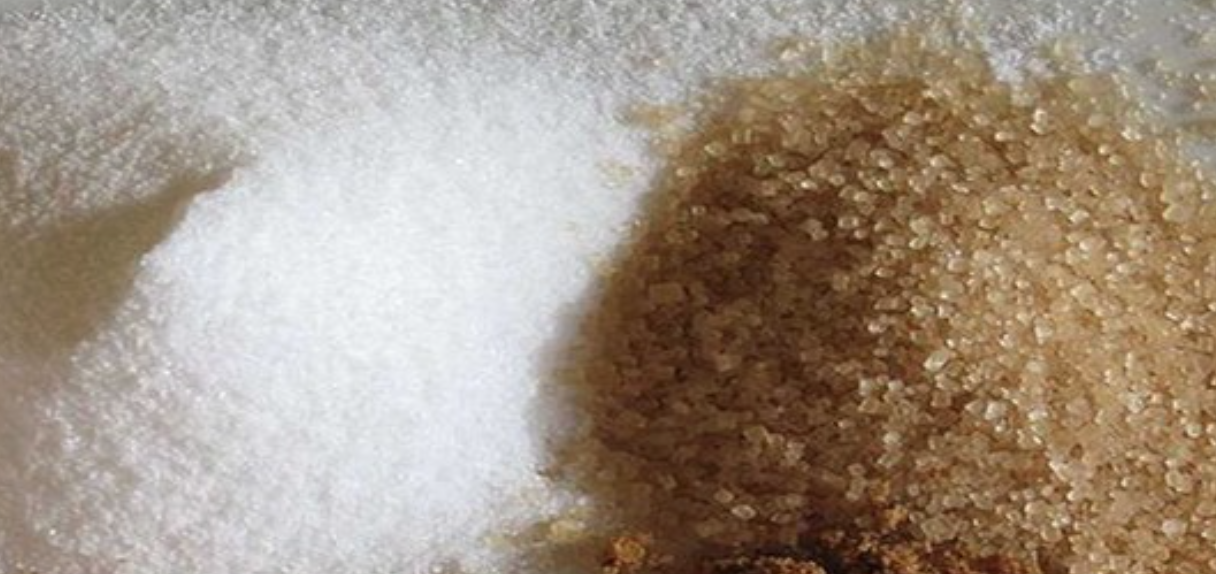Hidden Ingredients To Avoid - Sugar
In general, we consume way too much added sugar. I’m not talking about sugar from fruits. I’m talking about sugar that has been added to the foods and drinks we consume. The American Heart Association recommends that men consume no more than 9 teaspoons, or 36 grams of added sugar per day. The recommended amount for women is a little lower at 6 teaspoons or 25 grams. Think about this. A single 12 oz can of Coke has 10 teaspoons of added sugar. That’s terrible!
Sugar is known to cause or contribute to the following:
acne
cancer
depression
diabetes
fatigue
headaches
heart disease
high blood blood pressure
hypoglycemia
obesity
Is that enough to make you rethink the amount you’re consuming?
Here’s the twist when it comes to sugar. It’s not always written out on the ingredients list as sugar. The FDA has made it a little simpler for consumers by requiring a separate line for added sugar. You could, however, see products without this added line through July 2020. So please, take a look at the ingredients list, and if you’re uncertain checking the nutrition label for added sugar. If you’re going to eat something packaged, you have to become a savvy consumer. Here’s a list of what you need to be on the lookout for. It’s a long list, but knowledge is power, and that power can ultimately save your life!
Agave nectar
Barbados sugar
Barley malt
Beet sugar
Blackstrap molasses
Brown rice syrup
Brown sugar
Buttered syrup
Cane juice crystals
Cane sugar
Caramel
Carob syrup
Castor sugar
Confectioner’s sugar
Corn syrup
Corn syrup solids
Crystalline fructose
Date sugar
Demerara sugar
Dextran
Dextrose
Diastatic malt
Diatase
Ethyl maltol
Evaporated cane juice
Florida crystals
Fructose
Fruit juice
Fruit juice concentrate
Galactose
Glucose
Glucose solids
Golden sugar
Golden syrup
Grape sugar
High-fructose corn syrup
Honey
Icing sugar
Invert sugar
Lactose
Malt syrup
Maltose
Maple syrup
Molasses
Muscovado sugar
Organic raw sugar
Panocha
Raw sugar
Refiner’s syrup
Rice syrup
Sorghum syrup
Sucrose
Sugar
Treacle
Turbinado sugar
Yellow sugar
As previously stated, some foods have naturally occurring sugar. That’s your fruits and even lactose in dairy products. Those sugars do create calories, and if you are trying to lose weight, that’s a consideration that needs to be made. But, those sugars come from nutrient-dense foods. The sugars we are discussing here are added sugars. It’s just what it sounds like, sugars that are added to foods/products to change or enhance the flavor. Some of these are natural, like honey, others are chemically created, like high fructose corn syrup. The main takeaway is that we have to start decreasing our intake in total. All of the evidence is there.
————————
Resources:

